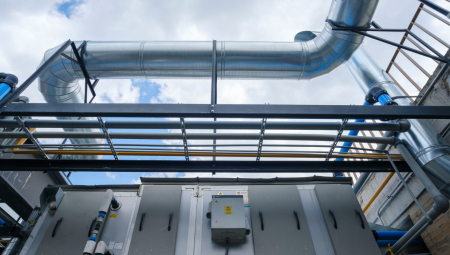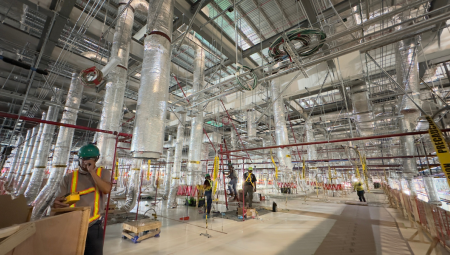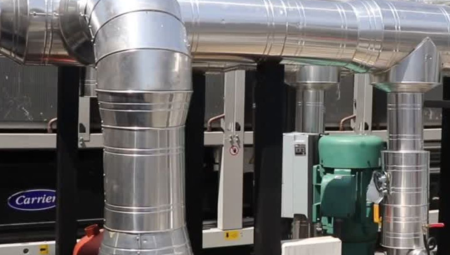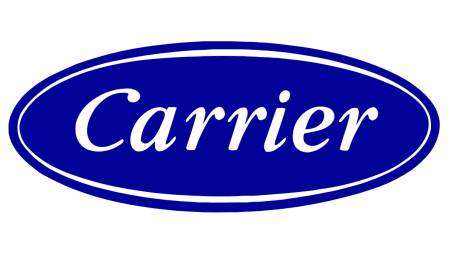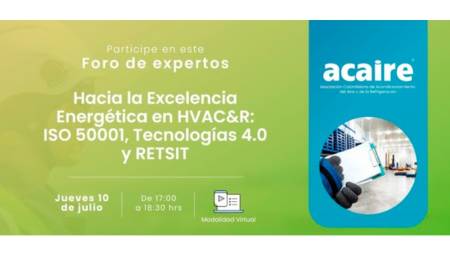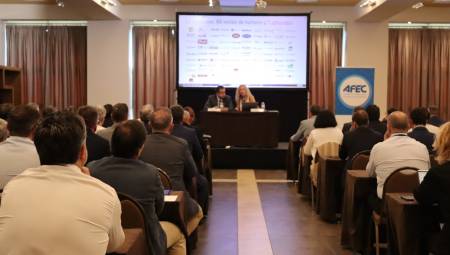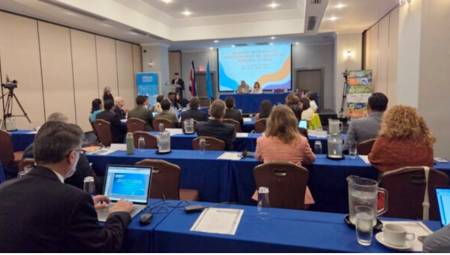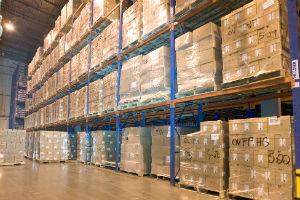 The cold chain sector already has an association in Latin America that supports the guild in terms of good practices and the proper functioning of a guild that does not stop in terms of development.
The cold chain sector already has an association in Latin America that supports the guild in terms of good practices and the proper functioning of a guild that does not stop in terms of development.
by Debbie Corado*
Cold chain is understood to mean a supply chain where temperature is always controlled. That is, a distribution chain where the quality and safety of the product is maintained in each link - from post-harvest, processing, storage and transport to the final consumer.
Each link that makes up the cold chain is extremely important since it ensures that perishable products are safe and of good quality at the time of consumption, reduces waste, extends the shelf life, allows products to be available at any time of the year, integrates distant markets, promotes a new food trend and regulates the supply and demand of products.
Also, not keeping these products at the right temperature can cause several negative attributes such as texture degradation, discoloration, bruising and bacterial growths that can cause human food poisoning or other diseases. In addition, a quality product represents a satisfied customer, greater demand and above all protection of human health.
To achieve the establishment of an adequate cold chain requires infrastructure, process adaptation, specialized transport with regulated temperature and control technology, which could lead to some investment depending on the operation.
Despite the fact that in most countries in Latin America the cold chain is not yet developed and that it is estimated that the losses amount to up to 50%, mainly in tropical products, there are strong global trends that are greatly influencing the food industry in our region such as:
1. The increase in the integration of business models – from warehousing to logistics providers. In developing economies it is very common to see that a single company handles all aspects, from the production of food to the delivery of the same, and this is because the companies providing services did not offer reliable solutions in the handling of products to third parties, they did not have modern operations systems or adequate facilities to meet quality logistics solutions with high standards.
This is starting to change, the concept of "outsourcing" is becoming more accepted every day due to this new integrated model that service providers are offering to their customers.
2. Need for basic skills. Improve the quality of operations, food safety and efficiency throughout the process and thus obtain a better product at a lower cost.
This need to adapt business models in response to the acceleration of changes in global conditions prompted members involved in the supply chain to form an organization that represented greater integration of the cold chain industry, hence the Global Cold Chain Alliance.
What is the Global Cold Chain Alliance?
The Global Cold Chain Alliance is a world-renowned organization that oversees the
proper functioning and good practices throughout the cold chain process of the
perishable products. It acts as the platform for communication, professional relationship building and education in the perishable food industry, enabling the exchange of data on best practices, government affairs, trends, economic development and investment opportunities.
Today, the Global Cold Chain Alliance, with members in 67 countries and representatives on every continent, is a leader in providing technical support and advice in the perishables industry as well as promoting business opportunities around the world under the support of four leading organizations in the field:
- IARW-International Association of Refrigerated Warehouses- stands out as the world's leading association that promotes and supports excellence and professionalism in the temperature controlled warehouse and logistics industry.
- The WFLO - World Food Logistics Organization - is dedicated to ensuring the proper handling and storage of perishable products, as well as developing systems to improve safety, efficiency and reliable food handling practices for people around the world.
- IRTA - International Refrigerated Transportation Association - supports the needs and interests of organizations involved in the transport sector of refrigerated or frozen products, promotes good commercial and exchange relations between transport companies, their suppliers and their customers.
- IACSC—International Association for Cold Storage Construction—supports the needs and interests of organizations involved in the construction of refrigerated warehouse facilities. It promotes innovative ideas and standards for practice in the refrigerated warehouse construction industry, sponsors professional education programs, conducts studies on industry challenges, and promotes industry interest in the political, legal, and regulatory areas.
Cold is the common denominator of all cold chain links and GCCA's vision is to serve as the industry voice to forge a universally sound cold chain where each product maintains its quality and safety through every link.
For more information about the GCCA email [email protected]
* Debbie Corado is the Director for Latin America of the Global Cold Chain Alliance.


